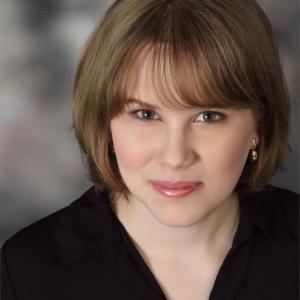
Better with the Viole alone: Bass-Viol Accompaniment as Continuo in Seventeenth-Century English Song
FREE VIRTUAL EVENT
This event will include a Lecture-Recital performance and presentation, followed by a Q+A component. Join us by using Zoom at the provided link.
PROGRAM
program notes
"Fain would I change that note" | Tobias Hume (c. 1579-1645)
from First part of Ayres (1605)
"Sweet was the song the Virgin sung" | Anonymous
from William Ballet's Lutebook (c. 1590)
"Art thou that she" | Anonymous
from Mus. Christ Church 439
"Amarilli, mia bella" | Anonymous, after Giulio Caccini (1551-1618)
from Egerton 2971
"Faire women like faire jewels are" | Robert Jones (c. 1577-1617)
from The Second Booke of Ayres (1601)
"Eternal Lord, th'illustrous fame" | Robert Tailour (fl. 1610, died before 1637)
from Sacred Hymes (1615)
"Out from the deep" | Robert Tailour (fl. 1610, died before 1637)
from Sacred Hymns (1615)
"The Heavens declare the glori of God" | Robert Tailour (fl. 1610, died before 1637)
from Sacred Hymns (1615)
"Tis true, tis day" | William Corkine (fl. 1610-1617)
from The Second Booke of Ayres (1612)
"Sleep wayward thoughts" | John Dowland (1563-1626)
from The First Booke of Songs or Ayres (1597)
"To the most high and mighty Prince Charles" | John Caprario (c. 1570-1626)
from Songs of Mourning (1613)
"Beauty and Love once fell at odds" | Henry Lawes (1596-1662)
from John Playford, Select Musicall Ayres and Dialogues (1653)
"All Lookes be Pale" | Thomas Campion (1567-1620)
from The First Booke of Ayres (1613)
"Come again, sweet love doth now invite" | John Dowland (1563-1626)
from The First Booke of Songs or Ayres (1597)

